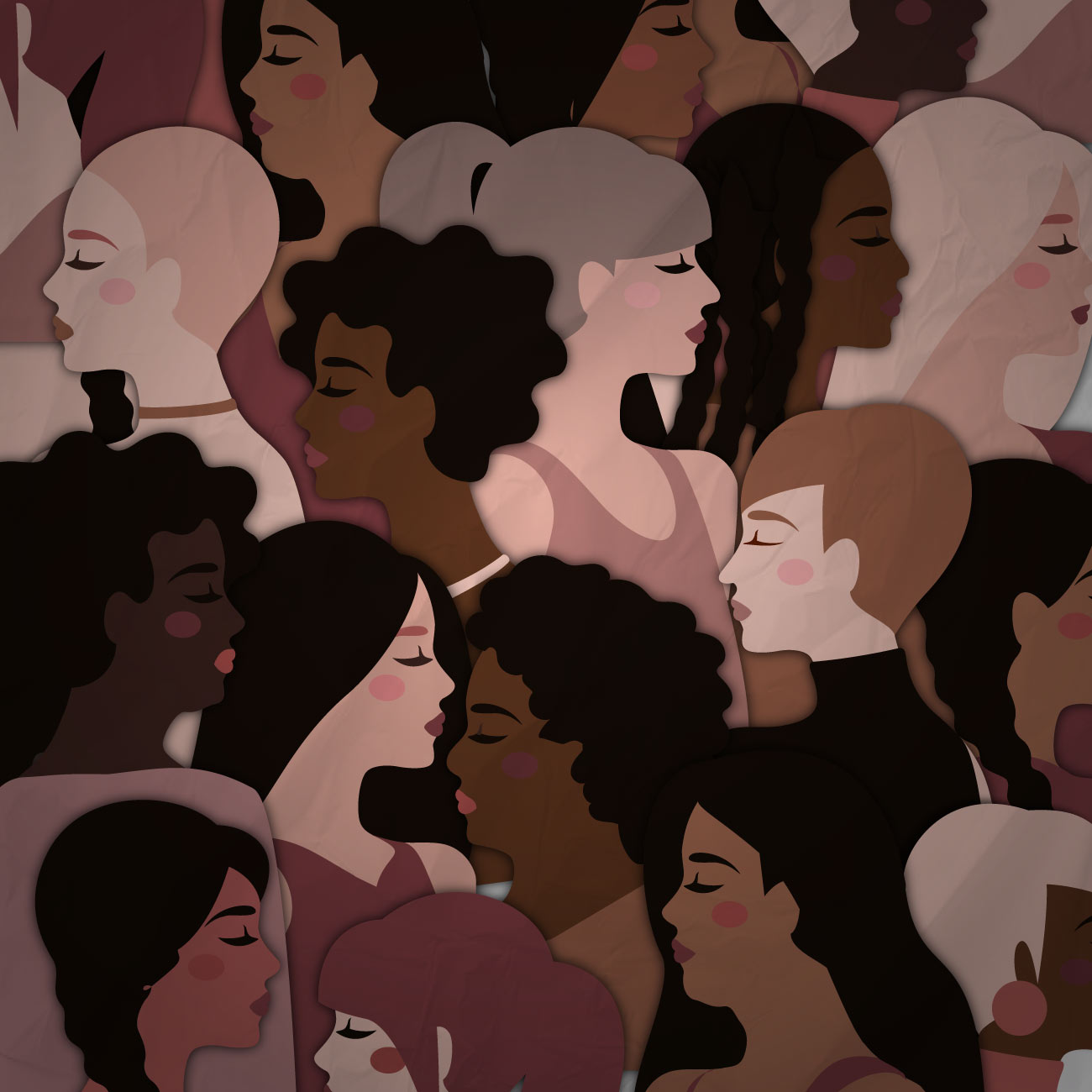Missouri was the first state in the nation to make abortion illegal in the wake of the Dobbs decision. Immediately after the Supreme Court’s ruling, a trigger law banned the procedure in the state in nearly all circumstances, with no exceptions for rape or incest. As we mark the second anniversary of the overturning of Roe v. Wade, abortion remains one of the most consequential issues in the nation.
As a Foundation, we have a responsibility to speak out on health equity matters, especially those with such far-reaching consequences. While recognizing that this is a fraught topic that elicits strong emotions, Missouri Foundation for Health stands firmly on the side of reproductive freedom. Abortion services are essential health care, and we must acknowledge the deeply harmful effects that this ban has on the well-being of Missourians.
Abortion bans make people less safe. Basic health care practices are being jeopardized because doctors lack clarity on when they can act when a person is pregnant. There are stories in Missouri and across the nation of people being denied the normal spectrum of care, including being turned away from emergency rooms, because health care professionals fear prosecution.
Even under the best of circumstances, pregnancy and childbirth are inherently risky, much more so than an abortion. The United States’ maternal mortality rate is higher than any other high-income country and Missouri’s rates are worse than the national average. Further, Black Missourians are three times more likely to die within one year of pregnancy compared to white women. These inequities are expected to worsen in the wake of the Dobb’s decision.
Abortion bans deny basic bodily autonomy. People should have the right to make decisions about their bodies without interference. Beyond issues of safety, pregnancy and childbirth bring a variety of changes to a person’s body that should not be forced upon anyone. There is broad consensus on this issue among groups such as the American Medical Association, National Medical Association, the National Organization for Women, the United Nations, and Human Rights Watch, to name a few.
Abortion bans increase inequity. With abortion still legal to some degree in approximately half of all U.S. states, people with means are able to find ways around the ban. They can take time away from work, arrange child care, and have access to transportation, enabling them to travel long distances to receive care when no local options remain.
As mentioned previously, pregnancy and childbirth are particularly dangerous for Black Missourians. Even before the ban, they faced significantly worse reproductive health outcomes overall.
Black, Hispanic, rural, and other marginalized people are more likely to be forced to drop out of school, delay their education, and/or leave their jobs because they were denied a wanted abortion. These consequences have the potential to shape the socioeconomic trajectory for the rest of their families’ lives. Poor economic outcomes are just one of the many increased racial disparities that are arising in a post-Roe America.
The list goes on. Abortion bans lead to an increase in intimate partner violence. They create worse outcomes for families with children. They drive new doctors away, create maternity care deserts, and prevent students from moving in.
Where do we go from here?
It’s important to acknowledge that abortion bans and restrictions are only one part of a much broader collection of systemic inequities that perpetuate and worsen health outcomes. The Foundation believes that people should have the power to decide if and when to have children, and the ability to parent those children in safe and sustainable communities. This belief intersects with a host of issues that MFH is involved in, including everything from contraceptive access, maternal health, Medicaid expansion, behavioral health, food justice, and firearm injury and death prevention.
Our journey to achieve health equity in Missouri is simply not possible without reproductive freedom. Abortion is one of the defining health issues of our day, and there are a variety of ways to let your voice be heard. When it comes to a topic with such a wide and devastating impact, we need to be paying attention, employing all the democratic tools available, and voting accordingly.
*Please note that the views and opinions expressed in this article represent the official stance of Missouri Foundation for Health. They do not necessarily reflect the opinion of its individual staff members.



